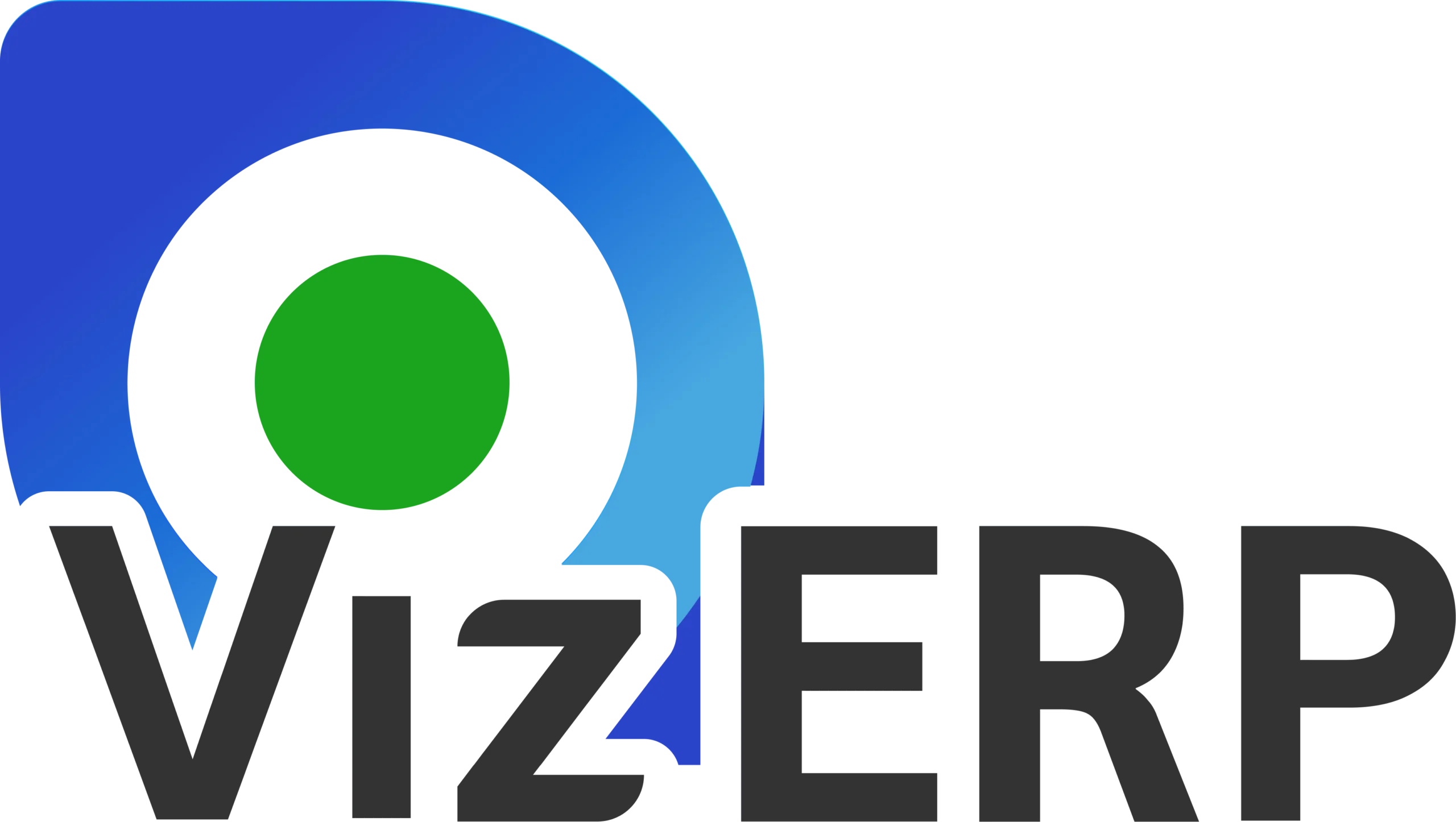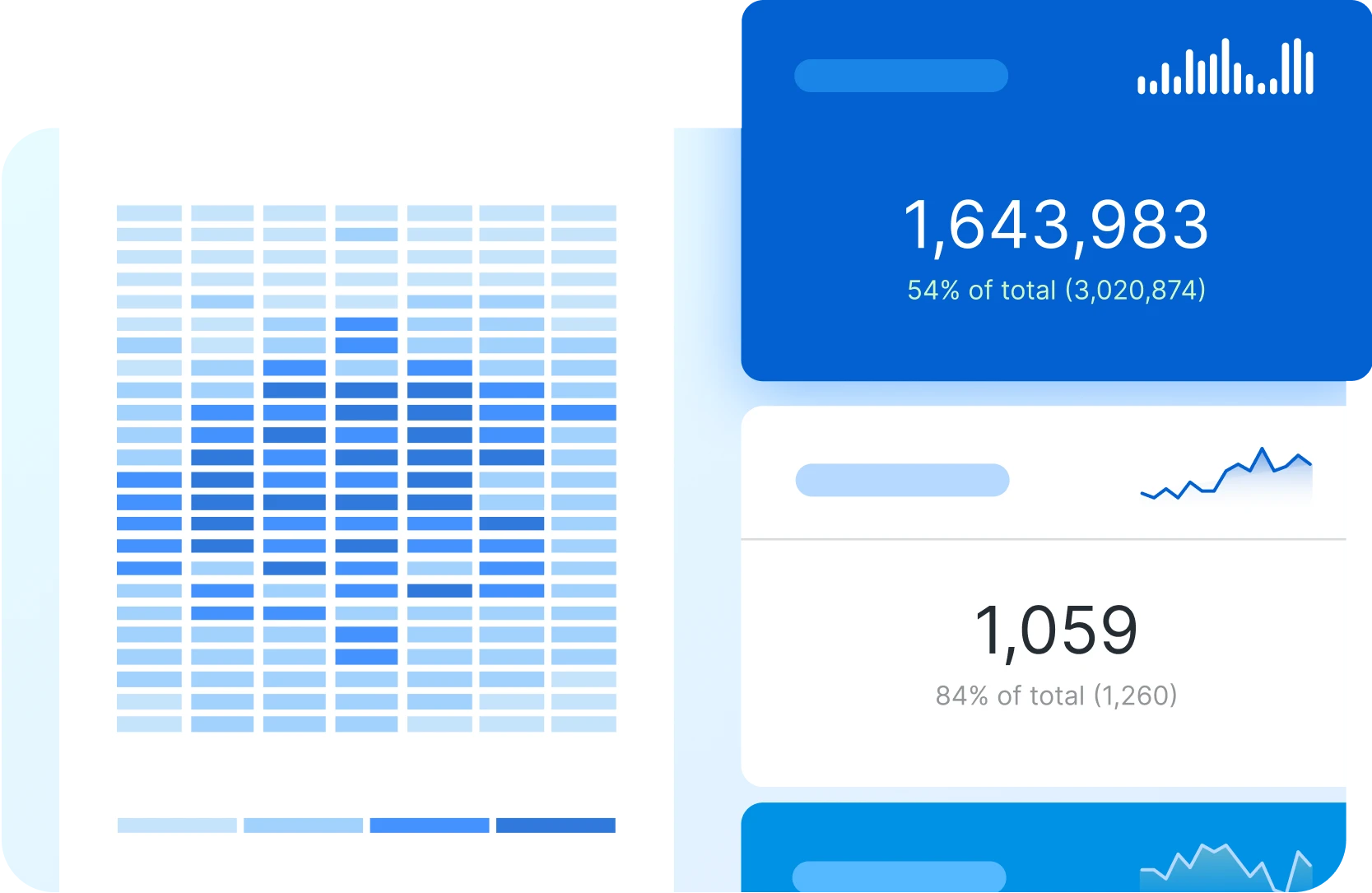Data interoperability, the seamless exchange and utilization of data across disparate healthcare systems, is a complex yet essential component of modern healthcare delivery. While ERP systems have made significant strides in integrating various organizational functions, achieving true data interoperability remains a substantial challenge.
Overcoming the Barriers to Data Exchange
The absence of standardized data formats, terminologies, and data structures presents a formidable obstacle to data exchange between healthcare systems. Inconsistencies in data representation impede the accurate interpretation and utilization of information, hindering the ability to draw meaningful insights. Furthermore, ensuring data quality across diverse systems is a persistent challenge. Errors, missing data, and duplicate records compromise data integrity and reliability, undermining the value of the information.
Addressing Security and Privacy Concerns
Security and privacy concerns loom large in the realm of data interoperability. Protecting sensitive patient information while enabling data sharing requires a delicate balance. Implementing robust security measures, such as encryption, access controls, and data masking techniques, is crucial to safeguarding patient data and maintaining trust. Additionally, organizations must comply with relevant data privacy regulations, such as HIPAA in the United States and GDPR in the European Union.
Overcoming Organizational and Technical Challenges
Organizational silos, legacy systems, and resistance to change can also impede data interoperability efforts. Overcoming these barriers necessitates strong leadership, effective change management strategies, and a clear vision for data sharing. Additionally, the technical complexities associated with integrating systems with different architectures and technologies pose significant challenges. Healthcare organizations may need to invest in specialized software or services to facilitate data integration and interoperability.
The Potential Benefits of Data Interoperability
Despite these hurdles, data interoperability offers immense potential for healthcare organizations. By enabling the seamless exchange of patient information, interoperable systems enhance care coordination, reduce medical errors, and improve patient outcomes. For example, real-time access to patient data can enable clinicians to make more informed decisions and provide more personalized care.
Furthermore, streamlined data flow optimizes administrative processes, leading to increased efficiency and cost savings. By automating data sharing and reducing manual tasks, healthcare organizations can improve their operational efficiency and reduce administrative burdens on staff.
Facilitating Population Health Management and Research
Moreover, data interoperability facilitates population health management by enabling the analysis of large patient populations to identify trends, disparities, and opportunities for intervention. By analyzing data from multiple sources, healthcare organizations can gain a comprehensive understanding of the health needs of their populations and develop targeted interventions to improve health outcomes.
Additionally, data interoperability supports medical research and innovation by providing access to comprehensive and standardized datasets for analysis. Researchers can use these datasets to study disease patterns, develop new treatments, and evaluate the effectiveness of healthcare interventions.
Achieving True Interoperability: A Collaborative Effort
To fully realize the benefits of data interoperability, healthcare organizations must invest in standardized data formats, robust data governance frameworks, and advanced interoperability technologies. Collaborative efforts among healthcare providers, technology vendors, and policymakers are essential to overcome challenges and accelerate progress towards a more interconnected and patient-centric healthcare ecosystem.
One approach to promoting data interoperability is the development and adoption of standardized data formats and terminologies. By using common data standards, healthcare organizations can ensure that data can be exchanged and interpreted consistently across different systems.
Another important step is to invest in robust data governance frameworks. Data governance involves establishing policies, procedures, and standards for managing data quality, security, and access. By implementing effective data governance practices, healthcare organizations can ensure that data is reliable, secure, and accessible for analysis and decision-making.
Finally, healthcare organizations must adopt advanced interoperability technologies, such as application programming interfaces (APIs) and health information exchanges (HIEs). These technologies enable the seamless exchange of data between different systems and facilitate the integration of data from multiple sources.
By investing in these areas and working collaboratively, healthcare organizations can overcome the challenges of data interoperability and realize the significant benefits that it offers.





